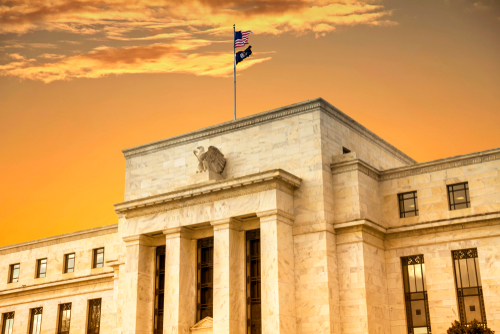A coalition of banking associations expressed concerns with a proposal by the Federal Reserve Board of Governors that would establish guidelines for how institutions applying for a Fed master account will be evaluated.

Specifically, the coalition said the proposal doesn’t address the unique risks to the U.S. payments and financial systems posed by institutions with novel charters.
The Fed’s proposal would establish a three-tiered approach of increasing stringency for evaluating applications for master accounts. Tier 1 represents federally insured institutions; Tier 2 represents uninsured institutions subject to federal supervision at the institution and, if relevant, the holding company level; and Tier 3 represents all other uninsured institutions, including institutions with novel charters — those that are neither FDIC-insured nor subject to oversight by a federal banking regulator.
The coalition of organizations recommended two principles that should guide the Federal Reserve’s approach to master account applications. One, the Federal Reserve Board should approve an application by a Tier 2 or Tier 3 applicant to ensure consistent outcomes of decisions made across the Federal Reserve’s 12 different Reserve Banks. Two, approved institutions should be held to the same supervision and oversight expectations, regardless of the charter type or business model, to preserve the safety and soundness of the financial system and compliance with existing laws and regulations.
“The Federal Reserve’s proposed guidelines for considering master account applications fail to answer who is legally eligible to apply, how applications will be reviewed, how compliance will be monitored, and what measures are in place to ensure guidelines are enforced consistently among Reserve Banks,” the organizations wrote to the Fed Board. “Answers to these questions remain paramount to achieve consistent outcomes at the Reserve Banks and equitable access for the institutions they serve.”
The coalition includes the American Bankers Association, Bank Policy Institute, Consumer Bankers Association, Independent Community Bankers of America, Mid-Size Bank Coalition of America, and The Clearing House Association.